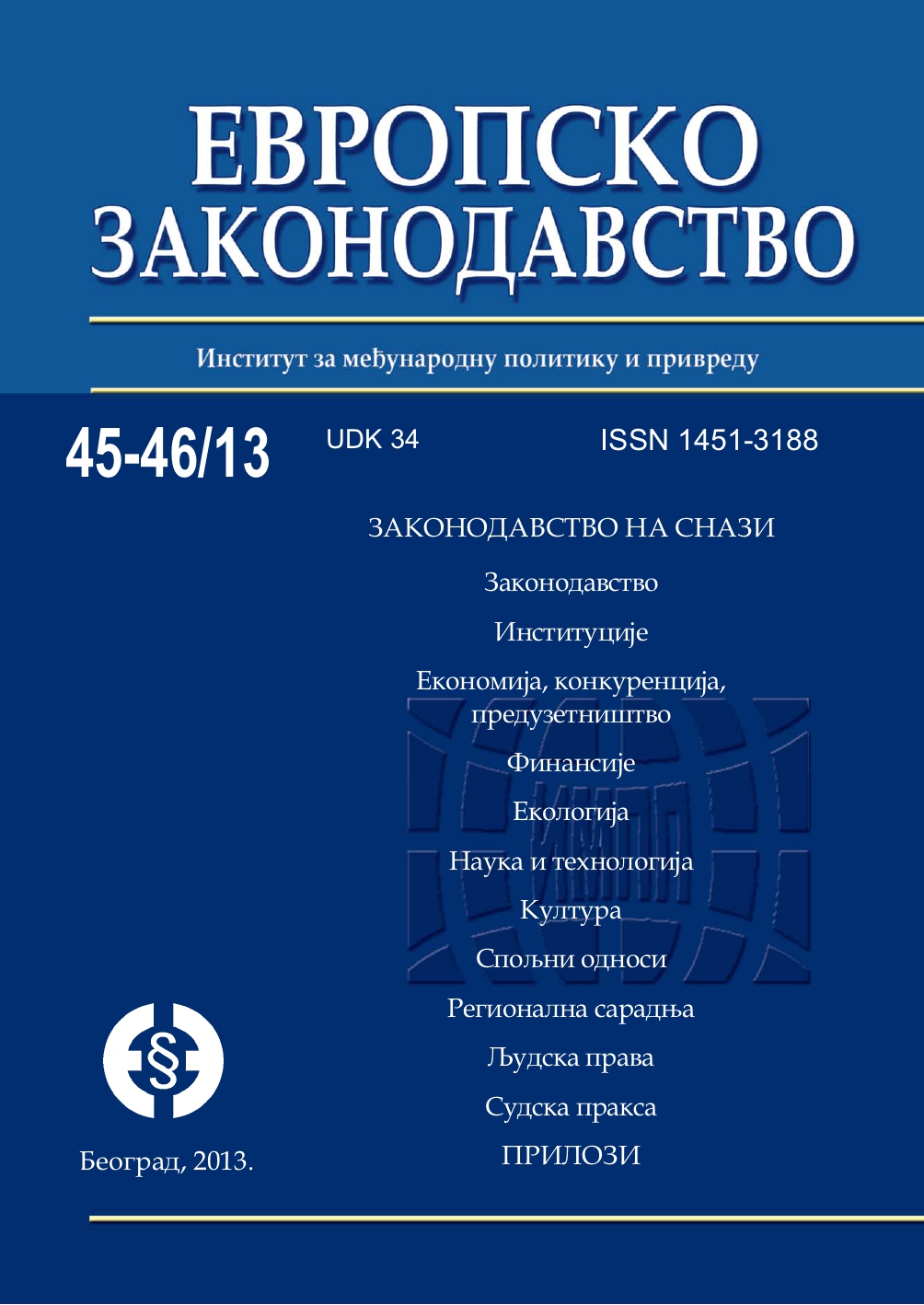Прекогранична сарадња АП Војводине у оквиру ДКМТ еврорегиона, чиниоци, ефекти и будућност сарадње
Cross-border cooperation of AP Vojvodina within the DKMT Euroregion, factors, effects and future of cooperation
Author(s): Valentina IvanićSubject(s): Politics / Political Sciences
Published by: Институт за међународну политику и привреду
Keywords: cross-border cooperation;DKMT;AP Vojvodina;effects of cross-border cooperation;culture as factor of cross-border cooperation
Summary/Abstract: The DKMT Euroregion is one of the most successful Euroregions in which local self-governments and cities of the Republic of Serbia appear as members in terms of the degree of institutional development, the development of organizational capacity and consequently the absorption capacity. In addition to the quantitative effects (financial resources that by applying for EU funds, have been received within the DKMT Euroregion or realized within its members and therefore within the AP Vojvodina), the effects of cross-border cooperation are significantly qualitative as well. In this paper, cross-border cooperation is taken as a method of transposing culture patterns from EU member states to the Republic of Serbia and the AP Vojvodina in order to analyze directions, effects and dynamics of changes in culture patterns in the context of their impact on the creation of conditions for the endogenous development of APV. If the receptivity of members of the Euroregion DKMT to EU funds is understood as the result of successful crossborder cooperation, the introduction of qualitative factors of successful cooperation in the analysis should be understood in the context of the need to create preconditions for the endogenous development of all members of the DKMT Euroregion, as well as a way for DKMT to function on the market-driven rather than donor -driven principle in perspective. The transposition of masculine cultural values inherent to the culture of Hungary into the other two members of the DKMT Euroregion should be understood in the direction of strengthening their receptivity to attract investments in the sector of non-tradable goods and thus in the context of improving their competitiveness. A higher level of receptivity to foreign direct investment and consequently a higher rate of GDP growth will result in higher values of individualism in Romania and the AP Vojvodina, thus affecting raising the level of professional mobility within the DKMT Euroregion and entrepreneurial inclination.
Journal: Европско законодавство
- Issue Year: 2013
- Issue No: 45-46
- Page Range: 327-347
- Page Count: 21
- Language: Serbian

